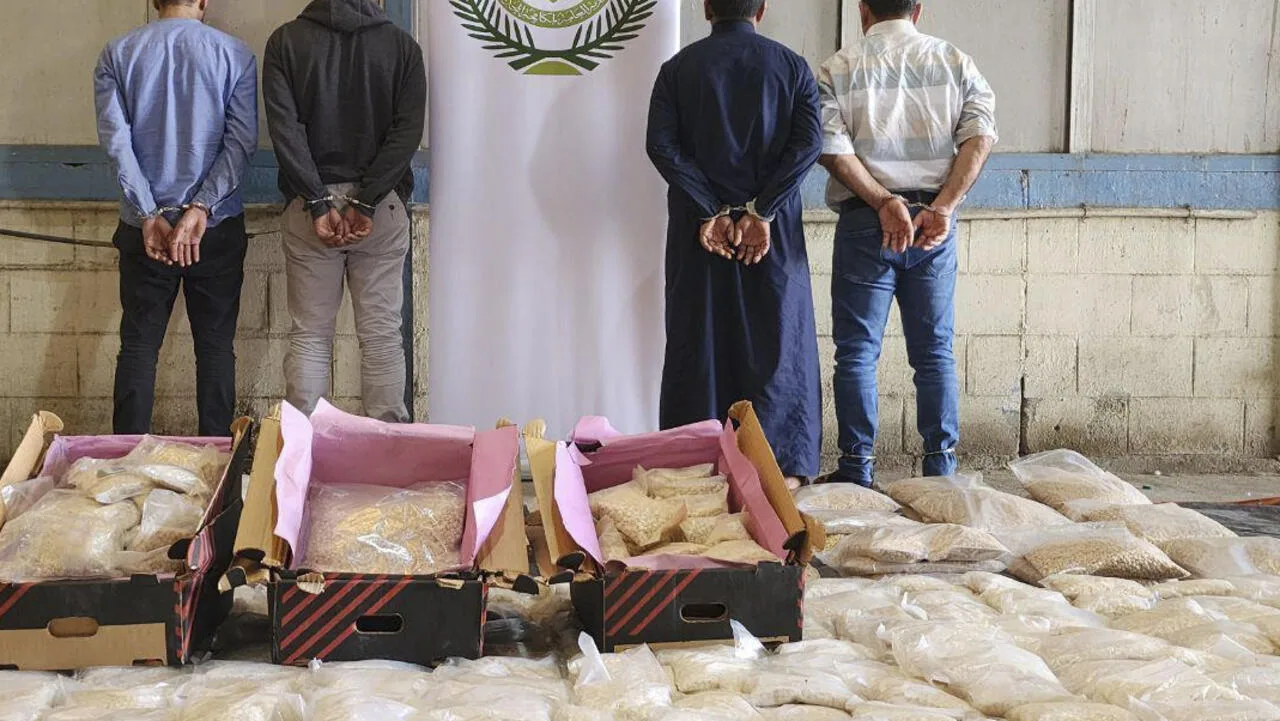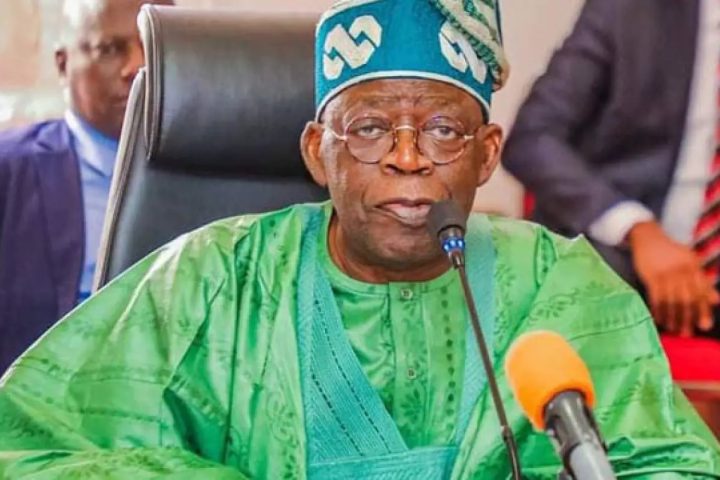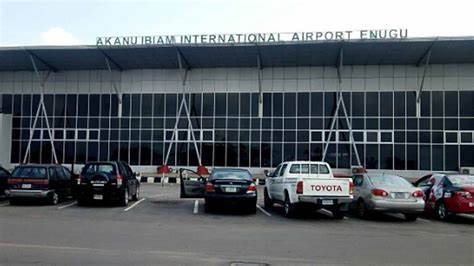Saudi Arabia executed 338 individuals in 2024, marking a record-breaking year for capital punishment in the kingdom. This includes six Iranians convicted of drug trafficking, as reported by the Saudi interior ministry and confirmed by the AFP tally.
The executions reflect the country’s strict stance on drug-related offences and its broader policies on maintaining public order.
Join our WhatsApp ChannelSaudi Arabia Executes Six Iranians for Drug Trafficking
The Saudi interior ministry announced the execution of six Iranians in Dammam, on the Gulf coast. They were convicted of smuggling hashish into the kingdom. The ministry’s statement, carried by the official Saudi Press Agency (SPA), did not specify the date of the executions.
Iran’s foreign ministry condemned the executions, summoning the Saudi ambassador to lodge a “strong protest.” Tehran criticised the action as a breach of international norms and laws.
Record-Breaking Number of Executions in 2024
Saudi Arabia executed at least 338 people in 2024, according to the AFP tally, a significant increase from the 170 executions recorded in 2023. Human rights organisations such as Amnesty International have documented executions in the kingdom since the 1990s, noting the previous highs of 196 in 2022 and 192 in 1995.
Drug trafficking charges accounted for at least 117 of the executions in 2024. The sharp rise follows the kingdom’s decision to end a moratorium on the death penalty for drug-related offences two years ago.
Foreign Nationals Among Those Executed
Foreign nationals constituted 129 of the total executions in 2024, making this another unprecedented record. The executed included:
- 25 Yemenis
- 24 Pakistanis
- 17 Egyptians
- 16 Syrians
- 14 Nigerians
- 13 Jordanians
- 7 Ethiopians
The high number of foreign nationals executed highlights Saudi Arabia’s role as a major market for illicit drugs such as captagon, a psychostimulant heavily produced during the Syrian civil war.
READ ALSO: Middle East Expansion: UBA Set To Open Subsidiary In Saudi Arabia
Anti-Drug Campaigns and Rising Execution Rates
Saudi Arabia launched a widely publicised anti-drug campaign in 2023, which involved numerous raids and arrests. The crackdown on drugs coincided with the lifting of the death penalty moratorium for drug-related crimes.
The kingdom’s actions align with its stated goal of preserving public order and combating the drug trade. However, human rights organisations have raised concerns about the sharp increase in executions, calling for greater transparency and adherence to international legal standards.
Amnesty International Criticises Saudi Arabia’s Execution Policies
Amnesty International and other human rights groups have expressed concern about Saudi Arabia’s record execution numbers. In September 2024, over 30 Arab and international organisations criticised the growing use of the death penalty for drug offences.
Amnesty also reported that only China and Iran carried out more executions than Saudi Arabia in 2023, with the 2024 figures yet to be released. Human rights advocates argue that the death penalty is a disproportionate response to drug-related crimes and fails to address systemic issues in the drug trade.
Diplomatic Implications of Saudi Arabia’s Policies
The executions have had implications for Saudi Arabia’s foreign relations. In 2016, the kingdom severed diplomatic ties with Iran after the execution of Shiite cleric Nimr al-Nimr led to attacks on Saudi diplomatic missions in Tehran and Mashhad.
Diplomatic relations were restored in 2023 following a deal brokered by China, but recent executions of Iranian nationals risk straining the renewed ties.
Public Order and the Death Penalty in Saudi Arabia
The Saudi government defends its use of the death penalty, emphasising that it is reserved for the most severe crimes and implemented only after thorough judicial review. Officials argue that such measures are necessary to maintain public safety and deter criminal activity.
Despite these justifications, international scrutiny continues to grow, particularly as Saudi Arabia increasingly executes foreign nationals.
Emmanuel Ochayi is a journalist. He is a graduate of the University of Lagos, School of first choice and the nations pride. Emmanuel is keen on exploring writing angles in different areas, including Business, climate change, politics, Education, and others.



















Follow Us